Factory of the future - The leader, engineer and operator of the future
Research question
- What does the factory of the future look like?
- What will be the (job) profile or the role and influence of people in it, especially looking at the future leaders, engineers and operators?
- What competencies, skills, experience, knowledge and education will soon be needed?

Code: LSC 2022-42
Status: Execution
Update: February 2023
Background
Three areas of concern were defined for further investigation:
- The leader:
Types of leadership (from IQ to EQ?), the role and influence of the leader on safety performance, the influence on preventive policies, hiring policies, drivers (including the role of bonuses), the influence on corporate and team culture, the emergence of the "Questioning attitude" (do I really understand?), leadership styles (input variables) and the relationship to safety-specific effects (incident history, current safety and potential risk level). - The Engineer:
Process intensification, intrinsically safe design, Safe-by-Design, green/circular engineering, automation, man-machine collaboration, robotization, resilience, tolerance of unusual occurrences (leaks, unplanned stops), the role of requirements/permits, maintenance and inspection. - The operator:
Knowledge and training, view of process (control), production optimization versus safety versus maintenance, man-machine cooperation, control options (autonomy), digitization/big data, social safety.
Thereby the open question: how does chemistry remain/become an attractive employer to attract qualified personnel?
Purpose
If you were to build a whole new chemical plant 10 years from now, it would look very different from today in terms of leadership, design, operation and maintenance. The roles and functions of leaders, engineers and operators in "the plant of the future" will be very different. It is therefore important to identify current and future profiles, tasks and job requirements of leaders, engineers and operators.
Expected result
Exploratory (literature) study of current and future profiles, tasks and job requirements of leaders, engineers and operators. Identify what is needed (competencies, skills, experience, knowledge and training) and where the future influx of qualified employees might come from.
Project Management
Maastricht University
Project Progress
Information on project progress is only available to participants - you need to request access and log in at the SDN programme office.

